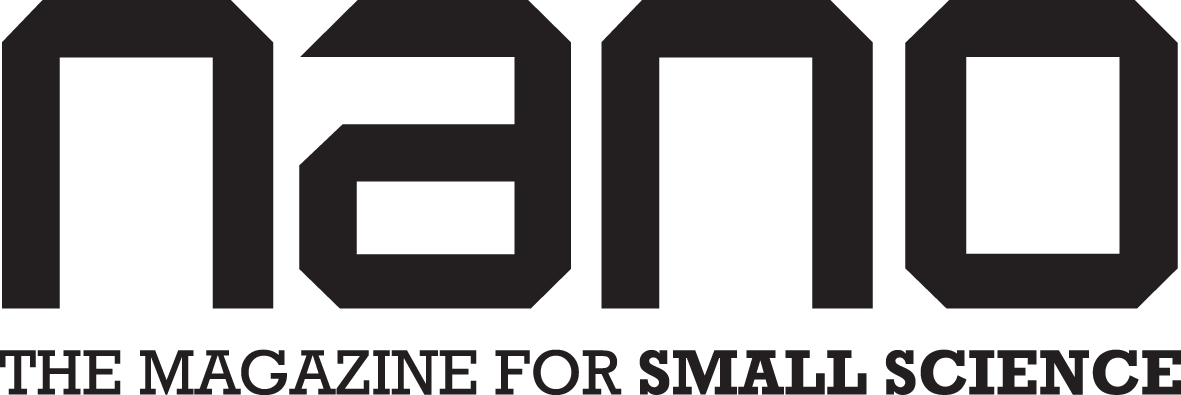Intel's Leap into the Nanotech Future: Revolutionizing the Semiconductor Landscape

Within the rapidly evolving landscape of technological innovation, semiconductors remain fundamental to the operation of a diverse range of advanced devices, from intricate computing systems to specialised medical instruments.
The accelerating pace of technological advancement underscores a burgeoning demand for further miniaturised, highly efficient semiconductor architectures.
Intel's recent exploration into the 1.8nm production process not only signifies its unwavering commitment to leading-edge advancements but also portends a potential seismic shift within the semiconductor industry's market dynamics.
As strategic partnerships emerge and industry stalwarts refine their strategies, the semiconductor sector stands poised for a profound transformation.
The Semiconductor Challenge & Intel's Solution
Intel, historically known for its semiconductor dominance, is making significant moves in the foundry market in collaboration with Arm, a renowned semiconductor chip design company.
This partnership has sparked speculation about the potential implications for Samsung Electronics, currently the world's second-largest foundry operator. Samsung, a global leader in memory chip production, is set on a colossal investment of 300 trillion won over two decades, with the objective of establishing a semiconductor complex in Yongin and surpassing Taiwan's TSMC, the current leading foundry operator.
The alliance between Intel Foundry Services (IFS) and Arm will prioritise the development of low-power compute system-on-chips (SoCs) utilising Intel's 18A process.
Their initial focus lies in mobile SoC designs, but they anticipate broadening their horizons to sectors such as automotive, IoT, data centres, aerospace, and government applications. Arm, which boasts the largest mobile SoC design IP, has previously collaborated with tech giants like Apple and Qualcomm.
However, joining forces with Intel marks a first for Arm, as Intel has traditionally maintained its own semiconductor designs. Pat Gelsinger, Intel's CEO, accentuated the significance of this alliance, stating that it would enhance market opportunities for IFS and present fabless companies with a unique blend of best-in-class CPU IP and an open-system foundry featuring cutting-edge process technology.
Intel's strategic shift to the foundry market dates back to 2021, when it launched IFS, buoyed by the US government's endorsement of the semiconductor industry.
Furthermore, Intel's acquisition of next-gen extreme ultraviolet (EUV) lithographers from ASML, a Dutch semiconductor equipment leader, outlines their ambition, with plans to produce 2nm products by 2024 and 1.8nm products by 2025. The collaboration with Arm aims to tap into a vast customer base that includes companies like Apple and Qualcomm.
As the industry keeps a close watch on this evolving partnership, TSMC remains a formidable contender in the foundry market. TSMC and Samsung are in the race to develop a 2nm production process, targeting a 2025 rollout.
While Intel's announcement about its advanced nanotechnology process garners attention, industry experts urge caution. A few believe that Intel's current capabilities might not suffice for 1.8nm chip production, implying that immediate threats to TSMC and Samsung might be overstated.
As Intel endeavours to reclaim its position and make headway in the foundry market, the outcomes of its partnership with Arm remain a focal point of interest in the semiconductor industry.
Conclusion
As the semiconductor industry continues to evolve, Intel's venture into the 1.8nm production highlights its commitment to spearheading advancements. The emerging alliance between Intel and Arm has the potential to influence market dynamics significantly.
While TSMC and Samsung remain formidable competitors, the newfound partnerships signal a reshaping of industry strategies. With each development, the semiconductor sector inches closer to its next transformative phase, emphasising the importance of adaptation and foresight in this rapidly changing landscape.
COMPANIES TO WATCH:
Author:
Arnold Kristoff
Content Producer and Writer





